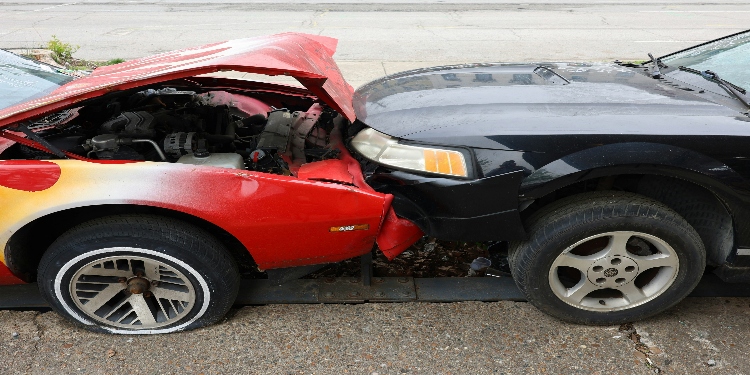An accident may happen anytime and can change our lives in an instant. You may be wondering what is the next thing to do when one has been very badly hurt in a car accident, a slip and fall, or some other disaster at work.
You will be under enormous pressure. The bills from the hospital keep piling up; you may not be able to work, and it may take a psychological toll on you.
Although compensation doesn’t take you back to your pre-accident life, it does help to some extent. But acquiring this compensation isn’t easy. A lot depends on what takes place before, during, and after the incident.
Getting legal advice from a top law firm, like Atlanta Personal Injury Law Group, helps tackle all these issues.
Let’s talk about the different ways our role can impact your compensation and exactly what you should do to protect yourself.
Understanding Fault and Negligence
Fault and negligence are the two most important factors that insurance companies and courts consider. Certain rules come into play if you have a role to play in your accident. Here’s what you need to know:
- Pure Contributory Negligence: In some states, if you’ve been found even 1% at fault, you might not be able to recover any compensation. It’s a harsh rule, but important to be aware of.
- Comparative Negligence: This is applied in most states. The degree of your fault may be deducted from your total compensation. For example, if you’re 20% responsible for the accident, 20% will be deducted from your compensation.
- Modified Comparative Negligence: This rule is applied by some states, whereby recovery is only allowed if one’s percentage of fault is less than 50% or 51%, depending on the state.
Your Actions Matter
Things you do or don’t do can seriously impact your claim:
- Following traffic laws: In case of an accident, at the time, if you were driving too fast or ran a red light, it can affect your case. Always follow the rules of the road.
- Workplace safety procedures: In the event of an accident at your workplace, your compensation may be limited for not following proper safety protocols.
- Property maintenance: Not observing warning signs and entering restricted areas, in regards to slip and fall cases, may impact your claim.
Documentation is Key
Proper documentation is important for your case.
- Police Reports: A police report is official proof of how things went down. Always call the police after the accident.
- Medical Records: Never fail to seek medical attention, and always keep all the records. This will help to demonstrate the severity of your injuries.
- Witness Statements: Get the contact details of any witnesses present at the scene of the accident. Their testimony will validate your side of the incident.
- Photos and Videos: If possible, take photos or videos of the accident scene and any visible injuries. Also, property damage should be documented.
The Importance of Timely Action
Timing is very essential in accident claims. Here’s why.
- Statute of Limitations: Every state has a time limit within which a claim should be filed. You may lose the right to seek compensation if you miss this deadline.
- Prompt Reporting: Do not delay reporting your case to your insurance carrier. Delays raise suspicion and make the process of filing your claim more difficult.
- Early Legal Consultation: Consultation with a personal accident lawyer very early will help you avoid making any mistakes that may end up hurting your case.
Dealing with Insurance Companies
Insurance companies are businesses, and their goal is to minimize payouts. Here are some tips to deal with them.
- Statements: Be aware of what you say. Anything you say can be used against you. Just state the facts and do not admit fault.
- Don’t Accept the First Offer: First offers are usually very low. Never accept an offer made by the other party without consulting your lawyer.
- Record Everything: Document everything from the contacts with the insurance companies. This can be helpful when disputes arise later.
Conclusion
The process of claiming compensation after an accident can be very technical and troublesome. How you handle the incident, right from what happens before it to how you conduct yourself after, is going to have a lot to do with your level of compensation.
Knowing these factors and taking the right steps at the right time could just keep your rights from being violated and enhance your chances of getting fair compensation.
Note that every case of an accident may be different. Always look for the help of a legal professional to guide you through this process and make informed decisions whenever possible.





![7 Best POS Software in the UK [2026 Edition]](https://todaynews.co.uk/wp-content/uploads/2026/02/7-Best-POS-Software-in-the-UK-2026-Edition-360x180.png)






































































